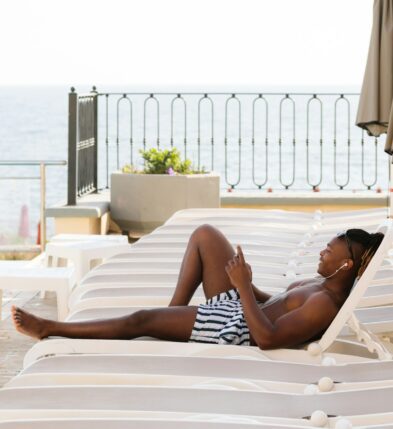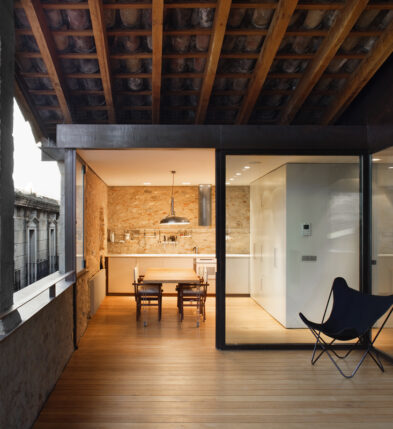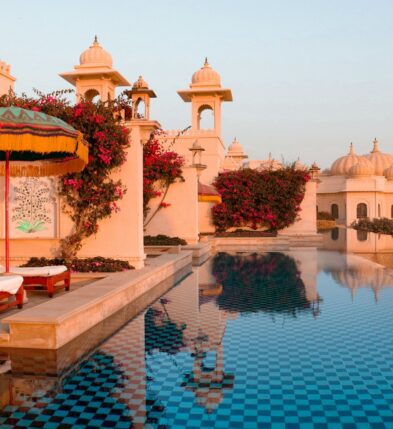Boutique hotels offer a unique blend of intimate ambience, personalised service, and distinctive style. These establishments, often smaller in scale, contrast the uniformity of larger hotel chains.
A boutique hotel that left a lasting impression on us was Masseria Potenti. The property is vast; it isn’t technically a hotel; it’s a country farm-house or masseria that offers core amenities and has several rooms available to reserve. We had an informal booking process, and the receptionist went above and beyond, helping us plan out every detail of our trip. We sat down with the owner and had the most delicious and personalised breakfast – some of the recipes belonged to the owner, and we received plenty of tips and recommendations.
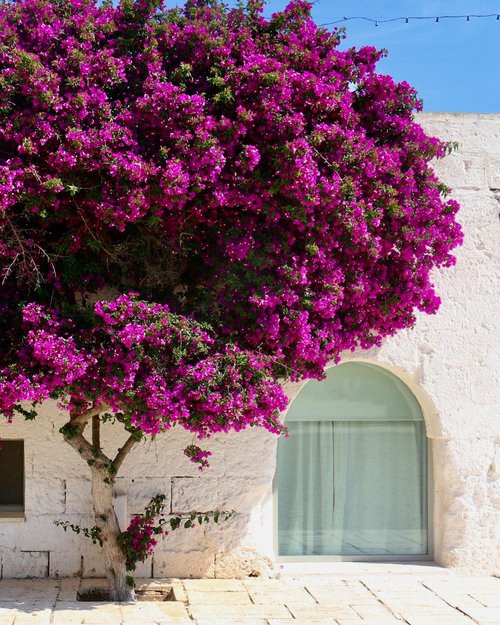

Why Choose a Boutique Hotel?
For those weary of the impersonal nature of large hotel chains, boutique hotels offer a refreshing alternative. They are perfect for travellers seeking a more immersive experience that reflects their destination’s character. Whether it’s a romantic getaway, a business trip, or a solo adventure, a boutique hotel can add a special dimension to your travel.
Take Gleneagles Townhouse in Edinburgh,Scotland for instance. Its fusion of traditional charm and contemporary luxury in a historic setting perfectly exemplifies the boutique hotel ethos. With its rooftop terrace and members’ club, it offers guests an exclusive glimpse into Edinburgh’s vibrant lifestyle.
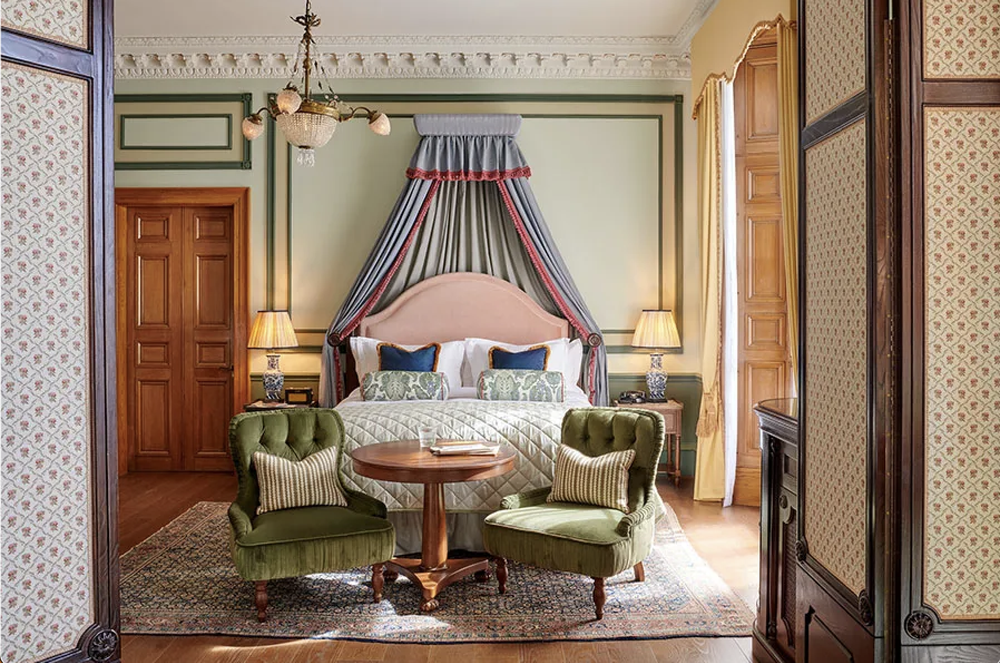
The design and architecture of boutique hotels are often one of their most defining features. Hotel La Palma in Capri, Italy, showcases this beautifully. Just a stone’s throw from the famous Piazza La Piazzetta, this 50-room luxury hotel has long been a meeting place for artists and musicians, reflecting the cultural richness often found in boutique hotels.
Personalised service is another hallmark of the boutique hotel experience. The Retreat at Elcot Park in Berkshire, England, set within a Grade II-listed 18th-century building, offers a mix of country dwelling and culture. Its unique amenities, like tennis courts and an infinity pool, are complemented by attentive, personalised service.
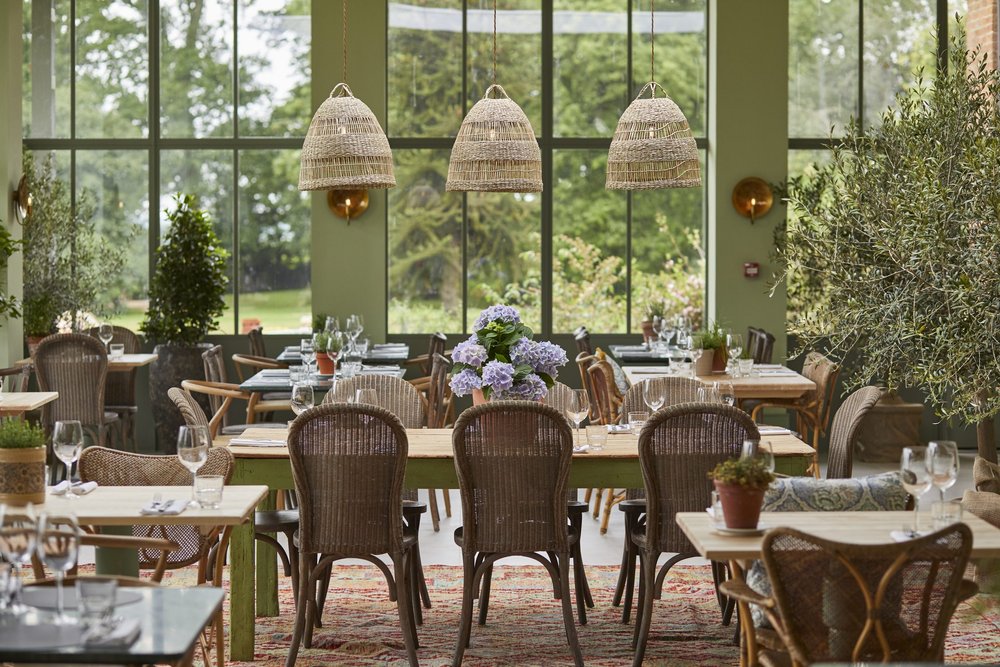
The Evolution of Boutique Hotels
The evolution of boutique hotels is a story marked by innovation and a deep understanding of traveller’s desires for unique experiences. Two pioneers, Ian Schrager and Bill Kimpton, are widely recognised for their influential roles in creating the boutique hotel category.
Ian Schrager, co-founder of the legendary Studio 54 nightclub, brought his sense of style and understanding of culture to the hotel industry. In partnership with designer Philippe Starck, Schrager opened the Morgans Hotel in New York City in 1984, often credited as the first actual boutique hotel. His approach was groundbreaking, focusing on creating an experience rather than just providing a place to stay. It closed in 2017, and was converted into luxury condos under the name No. 237 Madison. Schrager’s hotels are known for their distinctive design, attention to detail, and unique ambience, setting a new standard in hospitality.
Bill Kimpton, on the other hand, took a slightly different approach. In 1981, he founded the Kimpton Hotel & Restaurant Group in San Francisco, focusing on converting old buildings into boutique hotels with distinct personalities. His concept was to create a more personal, intimate, and non-corporate hotel experience, often featuring stylish restaurants and bars attracting guests and locals. Kimpton’s vision laid the groundwork for the boutique hotels we know today, blending exceptional service with unique, often quirky design elements.
These two visionaries essentially co-created the boutique hotel category, each bringing their unique perspective and flair. Their legacy is seen in the proliferation of boutique hotels worldwide, each offering a remarkable story and experience driven by design, service, and personality. We often see exciting openings for boutique hotels year after year.
With this rise of boutique hotels and abodes came booking websites focusing on this niche segment, with Mr & Mrs Smith Hotels leading the path and Design Hotels (design-led), Small Luxury Hotels and many others.
Boutique Hotels Around the World
In Amalfi, Italy, Borgo Santandrea offers a serene retreat overlooking the enchanting village of Conca dei Marini. Its proximity to the beach and panoramic sea views from the pool and terrace provide a tranquil experience that’s quintessentially boutique.
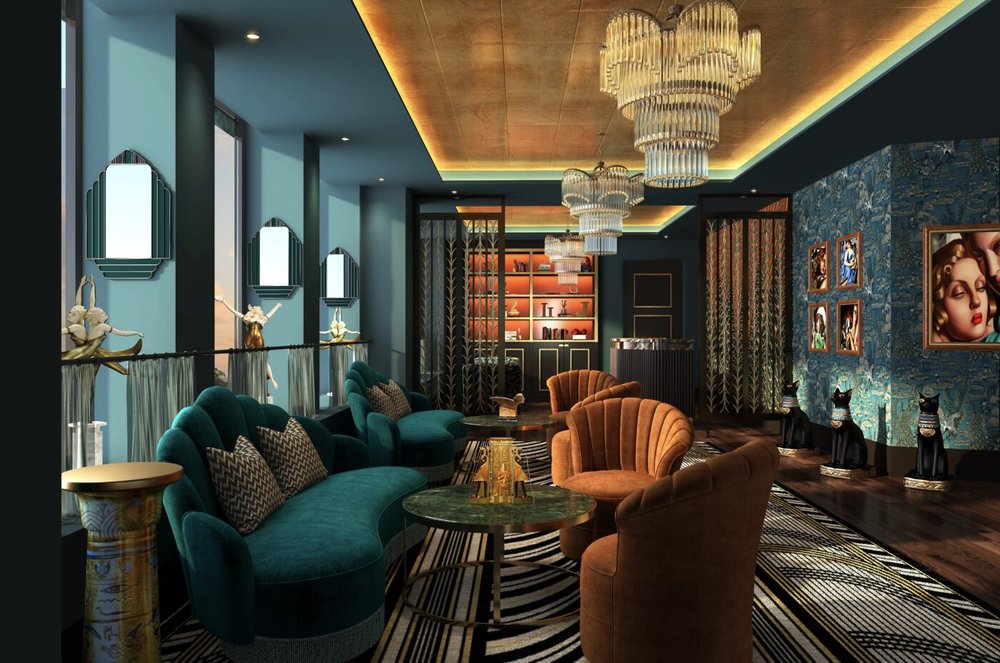
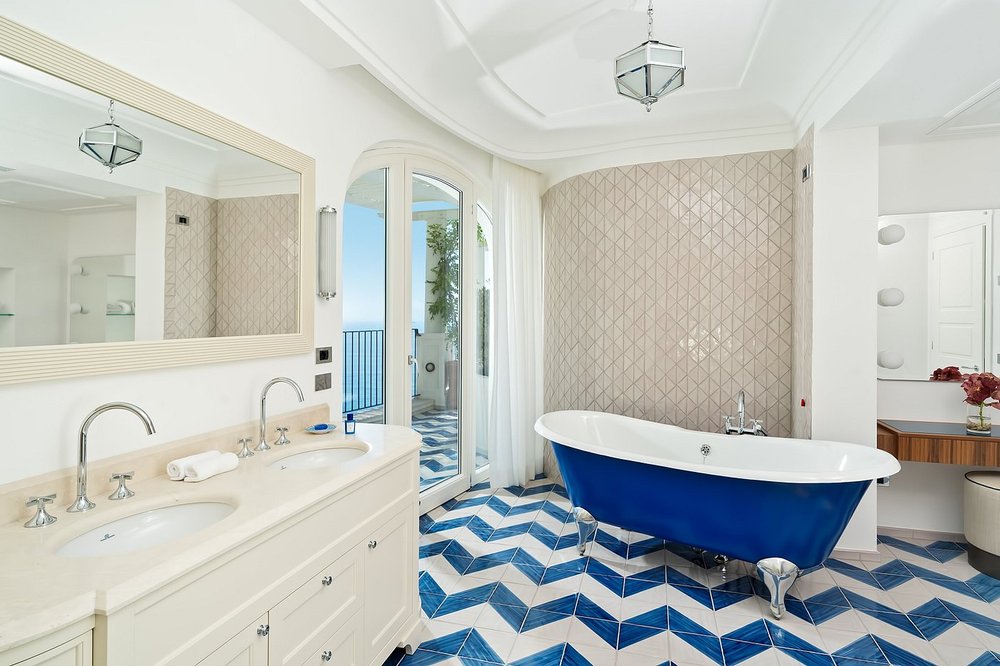
The growing trend of boutique hotels is also evident in more urban settings. The Other House in London, part hotel, part residents’ club, offers a unique ‘home away from home’ experience, redefining what staying in a city hotel means.
When choosing a boutique hotel, consider the diverse offerings and locations. From the tranquil Âmago – Casa Lenta in southern Portugal, celebrating slow living and local culture, to the luxurious and historically rich Palau Fugit in Girona, Spain, boutique hotels cater to various tastes and preferences.
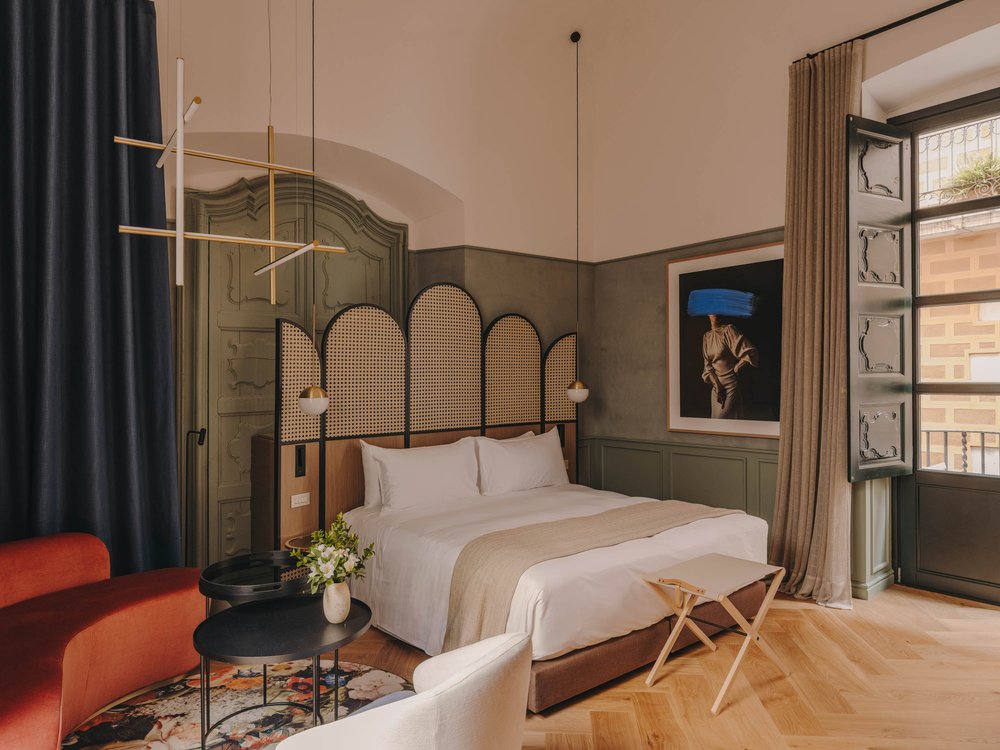
Boutique hotels, like the ones featured on Travel & Lust, offer more than just a place to rest. They provide an immersive experience, blending local culture, bespoke service, and distinctive style. These establishments are not just accommodations; they are gateways to the heart and soul of their locations.


